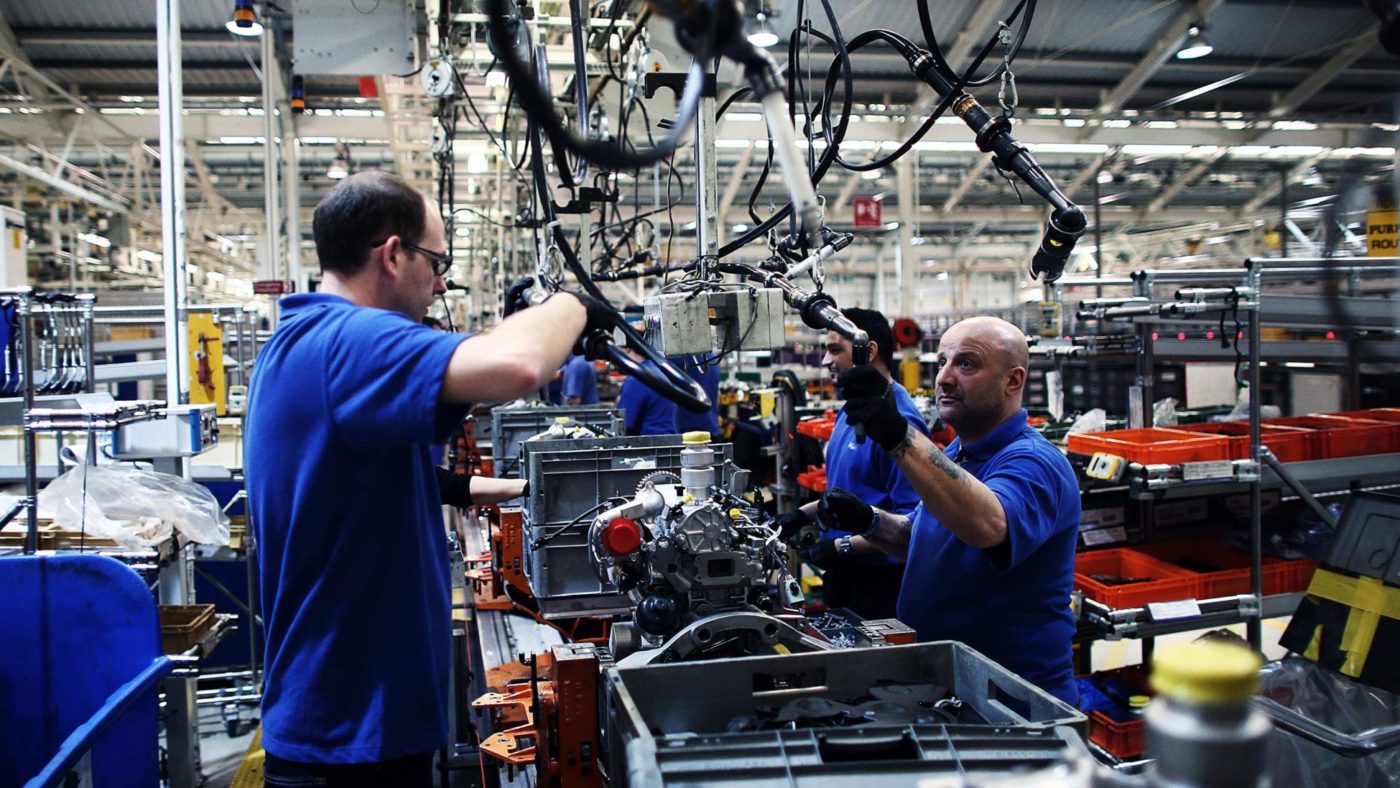If there were an Olympic competition for the historical importance of British financial announcements, then Rishi Sunak would already be occupying the entire podium. Friday’s astonishing 80% wage guarantee announcement is bigger and more important than last Tuesday’s £330bn support package, which in turn was bigger and more important than his first Budget the prior Wednesday.
This crisis moves, I think it is fair to say, at a pace and scale that has taken us all aback. Before it began to metastasize properly, I predicted that coronavirus would shatter all political assumptions and that a Universal Basic income might be needed to inure ourselves in the future. Two weeks later and the Government is, at least for employees, all but rolling one out.
The bad news is that even this might not hold for long. Throughout the catastrophe the Chancellor has done a good job of emerging from the Treasury with ever bigger financial colanders, but confidence continues to flow through the holes. “Demand socialism” is a popular refrain in agitprop circles but make no mistake, if Sunak can’t turn the tide soon it is also a good phrase for where we are headed. The situation is stark: there is no market. Our economy has been stripped back to the bare bones of demand and in fact the public health challenges requires this must continue.
How long we can muddle through is now the crucial question. The Prime Minister has drawn flak for his battle cry to defeat the virus ‘within twelve weeks’. Yet this seemingly arbitrary time frame may be roughly as long as we have to help save British capitalism. Much longer and, as Ed Conway pointed out in The Times on Friday, the Government will have to step in as the last resort guarantor of the entire economy. Maybe that isn’t quite full socialism, I am no longer up to speed on my dialectics. But it sure as hell isn’t capitalism.
Let us hope things do not get that bad. But if the Government is to get through this then it is going to have to rethink its attitude towards another type of institution it more typically considers to be anti-capitalist. By now we should be used to coronavirus shining a terrifying light upon our systemic economic and social weaknesses. On health, social care, welfare and food supply the challenges are becoming more and more apparent.
Yet on the multi-headed economic hydra Rishi Sunak must face down, the role of trade unions as critical infrastructure institutions appears not to have been fully appreciated.
Their fingerprints were all over Friday’s wage guarantee, which bore the hallmarks of a collective agreement for the entire nation. But to witness a Chancellor announcing a deal after lengthy talks with union leaders only seemed to underline just how rare a sight in British politics that is.
The contrast with Europe – the Nordic countries in particular– could hardly be more stark. There, unions are absolutely central to the social contract, indeed it is unions – rather than a powerful central state as the British left might have you believe – that truly underpin the region’s social democracy. Right across Scandinavia (and Beligum) the state does not even distribute welfare benefits – that, as part of the Ghent system, is the role of trade unions. So pervasive are collective agreements they do not even require a minimum wage – unions set the wage floor.
The importance of this extra institutional layer is subtle – it is not just about policy outcomes. Yes, Rishi Sunak was right to take his cues from Denmark and Norway and support workers wages. But as is clear from both the lack of self-employed protection and the more acute challenges in industries such as aviation, he still finds himself in the ‘colander situation’. This is the value unions can add to a capitalist safety net – the blunt, sector-blind instrument of state policy will always create holes. Unions, through striking responsive agreements with their employers, can often do a much better job at plugging the gaps.
Of course, there are political reasons a plenty to explain why British trade unions no longer find themselves as enmeshed in our economic policymaking structures. It is not just the rolling industrial disputes of the 70s and 80s – British labourism, like British politics perhaps, has always viewed the creative energy unleashed by antagonism as the best path to reform. Yet what emerges from the more consensual Scandinavian approach is not just a path towards greater social justice but a more agile and crisis-ready capitalism.
We will need that in the weeks ahead. And hopefully beyond that too.
Click here to subscribe to our daily briefing – the best pieces from CapX and across the web.
CapX depends on the generosity of its readers. If you value what we do, please consider making a donation.


